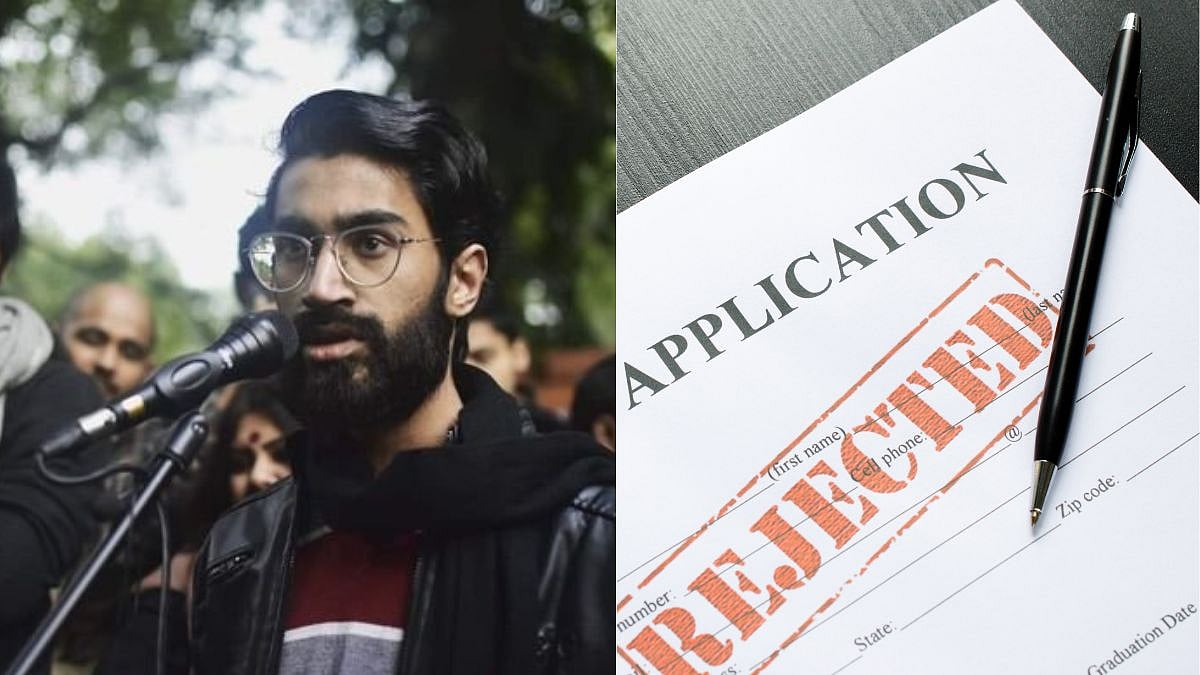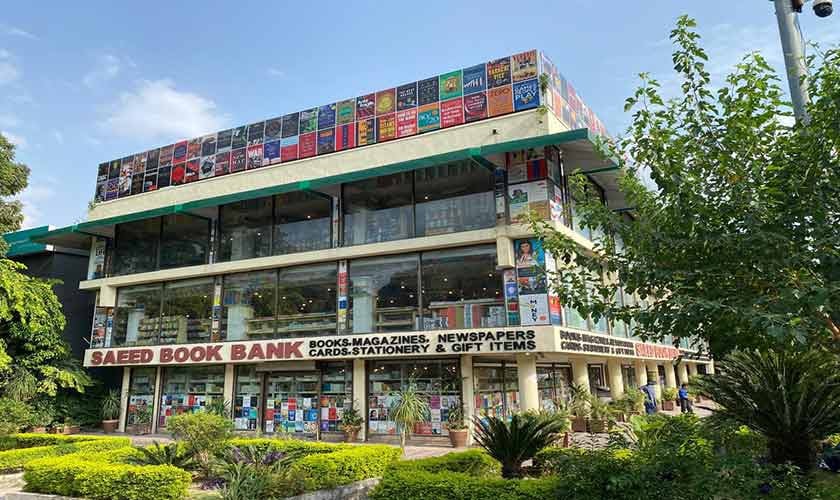**Indian Student Denied US Visa Despite $100,000 Scholarship, Cites Social Media Screening**
Kaushik Raj, a 27-year-old journalist and student from India, was recently denied a US student visa despite being awarded a prestigious $100,000 (approximately ₹89 lakh) scholarship to pursue a Master’s degree in Data Journalism at Columbia University. Raj was scheduled to begin his course in mid-August, but his plans were halted following the visa rejection, which he believes is linked to his social media activity.
### Social Media Vetting Under Scrutiny
Raj had completed all required formalities, including the visa interview, when he was asked to submit his social media handles — a step introduced under a Trump-era policy that continues to be in effect. Although the rejection letter cited “insufficient ties to India” as the official reason, Raj suspects that his online presence played a significant role in the decision.
He shared that his social media posts included reporting on hate crimes and India’s treatment of minorities, particularly Muslims. “I wasn’t very active online and never expressed opinions on global issues like Gaza,” Raj told *The Washington Post*. “But I did share my reporting, stories on hate crimes and India’s treatment of Muslims.”
Raj also expressed frustration about the timing of the rejection, saying, “If they were not satisfied with my application, they could have refused during the interview. But they rejected me after asking me for my social media details,” as reported by *Hindustan Times*.
### Others Facing Similar Rejections
According to *The Washington Post*, at least three other Indian students have faced similar visa denials in recent months despite meeting all formal requirements. These applicants were also informed that they lacked sufficient ties to India — the standard justification under Section 214(b) of the US Immigration and Nationality Act.
### US Defends Social Media Screening Policy
The US State Department continues to defend the social media vetting process, emphasizing its importance for national security. White House Deputy Press Secretary Anna Kelly stated that the screening helps identify applicants who might pose threats to the United States or attempt to undermine US foreign policy interests.
Earlier this year, the US government issued new guidance requiring comprehensive online background checks for all F, M, and J visa applicants, which covers international students and exchange visitors.
“We use all available information in our visa screening and vetting to identify visa applicants who are inadmissible, including through their online activity,” a State Department spokesperson said.
### Sharp Drop in Student Visa Arrivals from India
This controversy arises amid a significant decline in student arrivals from India. Data from the International Trade Administration reveals that the number of Indian students entering the US fell by 50% in August 2025 alone, contributing to an overall 19% year-on-year drop.
This marks the fifth consecutive month of decreases, bringing student arrivals to a four-year low of approximately 313,000.
—
The tightening of visa policies and enhanced online vetting procedures have raised concerns among international students and education advocates about the future accessibility of US higher education for Indian applicants.
https://www.freepressjournal.in/education/us-denies-visa-to-indian-student-awarded-89-lakh-columbia-scholarship-after-social-media-screening


